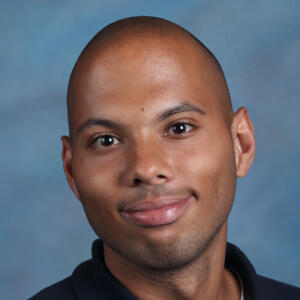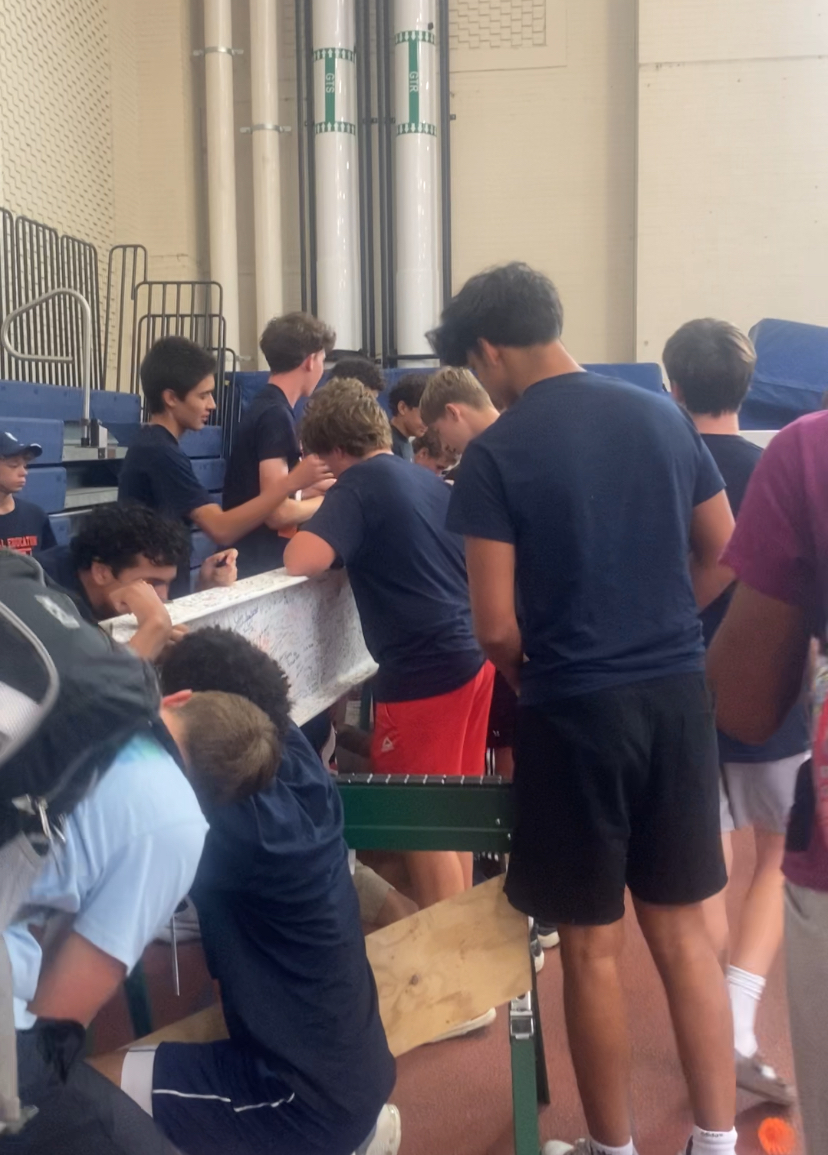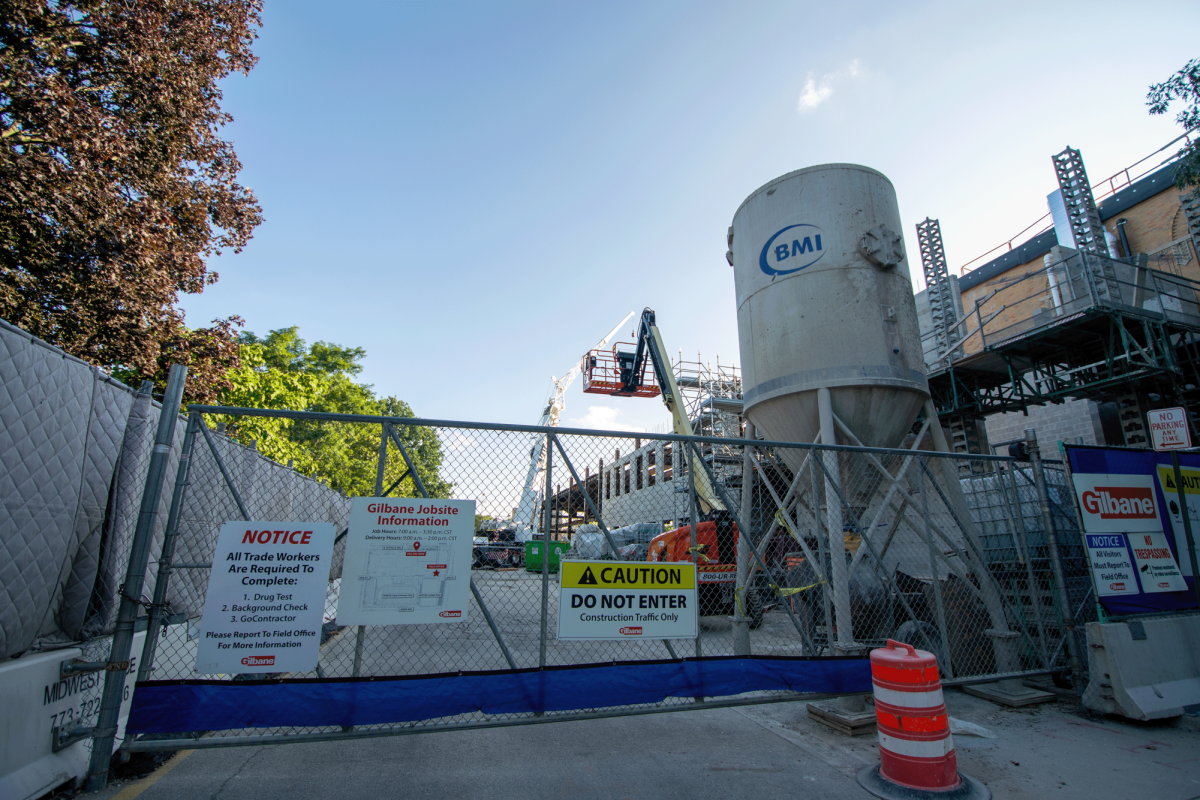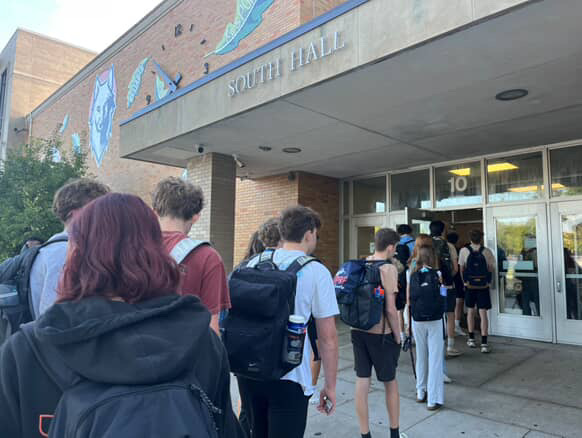Two men wrongfully convicted of a 1995 double murder visited Tyrone Williams’ AP African American Studies class on Monday, May 12, to share the harrowing story of how they were framed by police as teenagers and imprisoned for more than two decades for a crime they did not commit.
Charles Johnson and LaRod Styles came to class with one of their attorneys, Terry Campbell, who took the case pro bono in 2009. Johnson and Styles were exonerated in 2017 with their co-defendants, Troshawn McCoy and Lashawn Ezel. In 2024, the so-called “Marquette Park Four” received a $50 million settlement from the city of Chicago for collectively spending 73 years in prison.
The murders took place at a car sales business in Chicago’s Marquette Park neighborhood in 1995. Police alleged that the four tried to rob the business and later shot two of the company’s employees.
Styles, Johnson, McCoy and Ezell were coerced into confessions by police misconduct, which played a major role in their convictions. All four of them were sentenced to life in prison without the possibility of parole simply on the basis of their faulty confessions. There was no physical evidence linking any of them to the murders.
Twenty-one years later, their convictions were overturned throughout the work of their community, years of advocacy and new evidence. Fingerprints from the crime scene failed to match any of the boys and instead matched another local man with a known history of stealing cars, strengthening their innocence claims.
In fact, according to Campbell, the majority of murders in Chicago are solved with just a confession. In the Marquette Park Four’s case, it was solved in just 24 hours with signed confessions as the only evidence. Their case is emblematic of the systemic failure in the criminal justice system, particularly in cases involving marginalized communities, Campbell said.
In class, Styles and Johnson described being swept up by police as teenagers and questioned for hours alone, without parents or attorneys present. Eventually, they signed confessions after police told them that they could go home after signing their names. “I just did what he wanted me to do, not knowing that I was signing my life away,” Johnson told the students.
Additionally, Styles and Johnson spoke on their experiences rebuilding their lives after prison, emphasizing the importance of community support and criminal justice reform. Styles said, “We had a support system behind us. A lot of people in prison don’t have that.”
Their stories also highlighted broader issues within the justice system as both men stressed the need for holding police accountable for misconduct. Johnson said, “I missed everything being locked up. My whole life was stolen from me.”
The impact they had on Williams’ class was also profound, as students were touched by their testimonies and the stories they shared. Senior Jasmine Shirley said, “The Marquette Four…made me aware of the injustices within the criminal justice system and the importance of being civically active and knowing my rights.”
For Styles, being at OPRF really meant something to him as he was just 16 when he was convicted. “They deprived me of my education…so…being here means so much to me because this is where…I wanted to be. I wanted to graduate high school…and just figure it out.”







